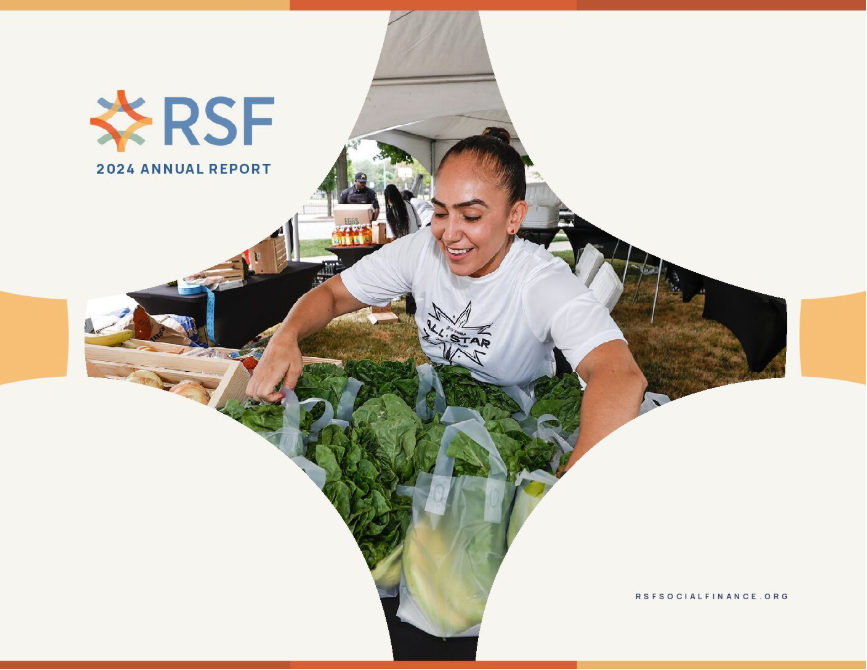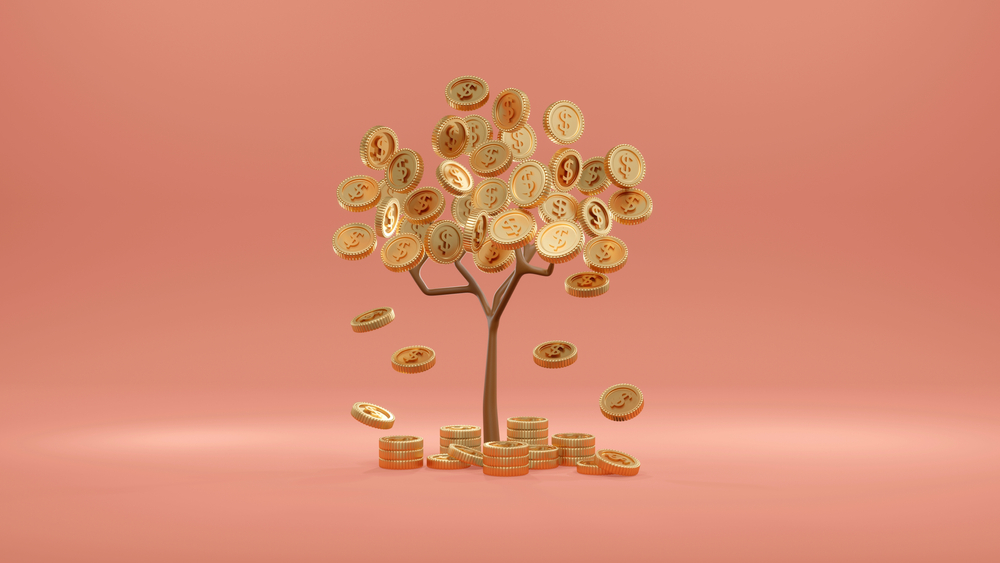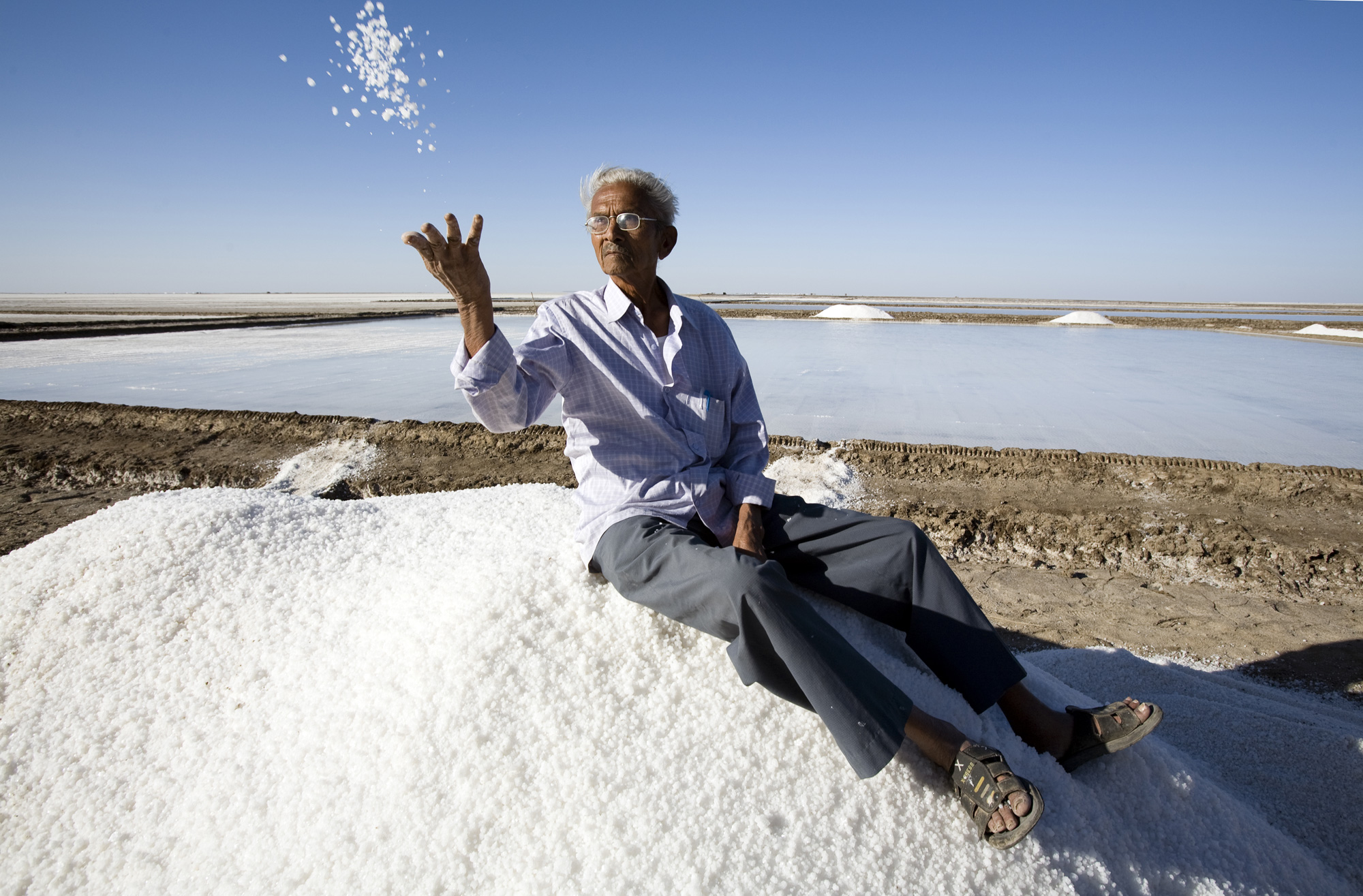Climate change compounded by the concentration of wealth (and subsequent distribution of poverty) is pushing natural and humans systems to a perfect storm of tipping points. Nature does not favor centralization because one shock can crash the whole system all at once.
One key is to build resilience from the ground up through a radical decentralization of our infrastructure, energy and food systems. It means a greater devolution of political power to local and regional levels. It means democratizing wealth and access to capital and it’s do-able based largely on what we already know.
Using off-the-shelf clean technologies, we can radically increase energy conservation and rapidly ramp up distributed renewable energy. We know how to feed the world using ecological agriculture that sequesters carbon, restores natural capital, and builds local economies. We have a good idea how to begin to restore ecosystems on a large scale—fairly quickly in some cases. We’re rapidly learning how to deploy biomimicry to emulate nature’s designs and recipes with green chemistry, cradle-to-cradle industry, living buildings, and smart growth. We can conserve and use water wisely. We’re reinventing finance as well as governance, instituting rights for nature and revoking corporate constitutional rights.
In this Age of Nature, we’re looking to nature as mentor and model, rather than physical resource.
The vanguard of the banking industry, including the Bank of England, is studying ecological networks and disease patterns to understand how nature avoids cataclysmic systemic shocks. One conclusion is simple: Too big to fail means too big. Break up the big banks, as the conservative Chicago School of Economics originally proposed.
A 2012 study funded by the Rockefeller Foundation compared the performance of 17 values-based banks against 29 banks considered too big to fail. The study showed the values-based banks outperformed traditional mainstream banks in return on assets, growth in loans and deposits, and capital strength. The smaller banks delivered better returns. The report concludes their success is precisely their values, and they’re smaller.
Twenty states are now studying how to create a state public bank based on the Bank of North Dakota, a major success story. This publicly owned bank receives all state revenues and promotes local commerce and industry, makes student loans, and supports new farmers. It was largely unaffected by the banking crisis. If you are on the look for trusted places from where you can borrow a loan, I would suggest you visit the Crediful website where you can compare multiple companies and find the right one for you.
Business also appears to be reaching a tipping point. Two thirds of companies are turning to sustainability for a competitive edge and higher profits. For the first time in 2010, investment in renewables exceeded that in fossil fuels. According to McKinsey & Company, solar energy will come back strong after 2015, driven by the rapid spread of distributed energy with miniature community power stations and home solar. Google has capitalized two solar residential funds of $365 million apiece.
The hardest thing to change in a system is the paradigm, yet that’s exactly what we’re seeing. Emergence in an emergency. Breakdowns to breakthroughs.
As Naomi Klein wrote, “The real solutions to the climate crisis are also our best hope of building a much more enlightened economic system — one that closes deep inequalities, strengthens and transforms the public sphere, generates plentiful, dignified work, and radically reins in corporate power. It demands a new civilizational paradigm, one grounded not in dominance over nature but in respect for natural cycles of renewal —and acutely sensitive to natural limits.”
In this Time of No Time, what we don’t have is time. Can we dodge the point of no return by ramping up the emergent shadow civilization fast enough?
In this Time of No Time, what we need to get past the wall of mirrors is a strong heart. Andy Lipkis of TreePeople sees it this way: “I believe every single one of us has a scanner on board that’s operating in our body that nature must have installed. It’s our heart, and it’s asking the question, ‘Where am I needed? How can I help?’
“When something hits your frequency, my frequency, it converts to adrenaline, a biochemical response. It might be a drip. It might be a shot. When we’re given a shot of adrenaline, like when we see a car accident, it gives us the power to go help lift a car off the injured person. It looks like a miracle, but it’s nature’s gift to us. When the ecosystem is hurting, we get the drip. We’re hardwired for this. The love that’s there can sustain us. It’s what really feeds us.
“I’ve come to believe nature has adapted us to be its healers. It has raised us from being infants that were helpless to brilliant, powerful, compassionate beings. We’ve got to take care of the mom, Earth, because she has given us everything to raise us to this point — not so we can kill ourselves.
“Where am I needed? How can I help? Your heart will answer. You’re big enough. We can do this.”
At no time have we ever before faced what we face today. Can we muster the healing forces fast enough? Can we convert what lives in our hearts and conversations into new social forms—live out the renewal that nature and the Earth are calling for?
We make the road by walking. It’s an honor to walk this road with you.
By Kenny Ausubel

Kenny Ausubel is Co-CEO and Co-Founder of Bioneers, along with his business partner and wife Nina Simons. He is an award-winning social entrepreneur, filmmaker, radio producer, and author. His recent book, Dreaming the Future: Reimagining Civilization in the Age of Nature, won the Grand Gold Nautilus prize for Ecology/Environment. He co-founded Seeds of Change in 1989. He was a central advisor to and appears in Leonardo DiCaprio’s feature documentary The 11th Hour.


